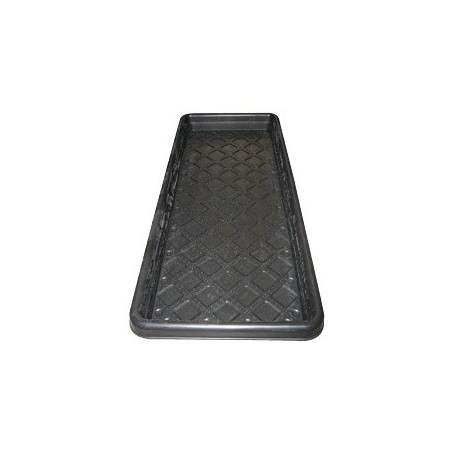Due to cases of African Swine Fever (ASF), Poland has established control, or restricted, zones and only facilities located in certain zones are allowed to export fresh and frozen pork to the U.S.
According to USDA:

"Our preliminary assessment is that there is minimal animal health risk posed by any pork products imported recently into the U.S. from Poland. There is no human health risk, as humans are not susceptible to ASF.
As part of a routine review of ongoing operations, it came to our attention that one Polish facility exporting pork to the U.S. has done so in contravention of the stringent requirements in place to prevent the spread of serious diseases of livestock, like ASF. We are also reviewing the protocols for a second Polish facility at this time. In order to give us time to ensure all Polish facilities that export pork and pork products to the U.S. are acting in accordance with our import requirements, we have suspended entry for all fresh and frozen pork from Poland until our review is completed.
The goal of our review is to ensure consistency with the stringent, longstanding safeguards in place that protect U.S. animal health from ASF. USDA uses a strong series of interlocking protections against the entry of animal diseases like ASF, including restricting the entry of pork and pork products from ASF-affected countries or regions.
USDA is also working with Customs and Border Protection staff to enhance screening of passenger baggage coming from Poland to ensure restricted products are not brought into the U.S.
ASF is a highly contagious and deadly viral disease affecting both domestic and feral (wild) pigs in all age groups. It is spread by contact with the body fluids of infected animals. It can also be spread by ticks that feed on infected animals."
Thursday October 18, 2018/ USDA/ United States.
https://content.govdelivery.com





